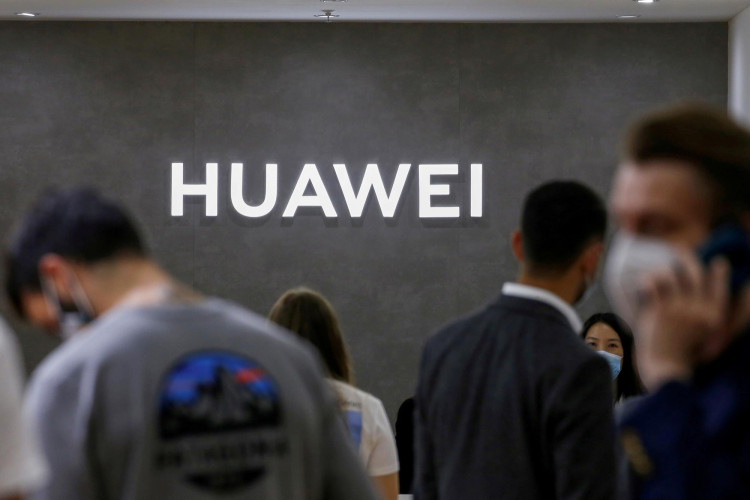Huawei Technologies is preparing to test its next-generation artificial intelligence processor, the Ascend 910D, seeking to challenge Nvidia's dominance in China's AI market, according to multiple reports citing people familiar with the matter.
The Wall Street Journal reported that Huawei has approached Chinese tech companies to test the technical feasibility of the Ascend 910D, positioning it as a rival to Nvidia's H100 processor. Huawei expects the first batch of samples to be delivered as early as late May, the Journal said. Reuters reported separately that Huawei plans to begin mass shipments of its current Ascend 910C chip to Chinese customers next month.
The move highlights Beijing's efforts to strengthen its domestic semiconductor industry amid escalating U.S. restrictions. Washington has blocked Nvidia from selling its most advanced AI chips, including the H100 and newly announced B200, to Chinese customers, aiming to curb China's military and technological advancements.
While Huawei's previous Ascend 910C chip struggled to match Nvidia's H100 and instead competed with the lower-spec H20 GPU, the company hopes the Ascend 910D will narrow the gap. "The deficiencies in power are relevant but not a limiting factor in China," a research firm cited by the Journal noted, reflecting the local industry's willingness to optimize hardware performance through bundling and AI cluster development.
Huawei has already built AI clusters such as the CloudMatrix 384, which features Ascend chips and is said to offer performance comparable to Nvidia's GB200 NVL72 "Blackwell" AI server by emphasizing raw computing power over energy efficiency.
Nvidia declined to comment on the development. Huawei also did not immediately respond to Reuters' request for comment.






